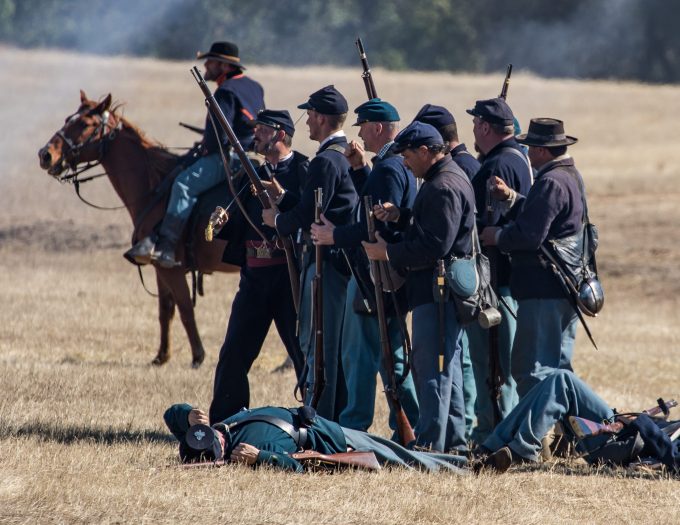Affordable delivery in space is where the profit will be mined
Where NASA failed…

The US surface transport sector is fighting Washington in the courts, while Class I railways are squaring off against labour unions in another legal controversy.
The national American Trucking Associations (ATA) and three regional trucking groups are suing the federal administration over its vaccination mandate for ...

Comment on this article